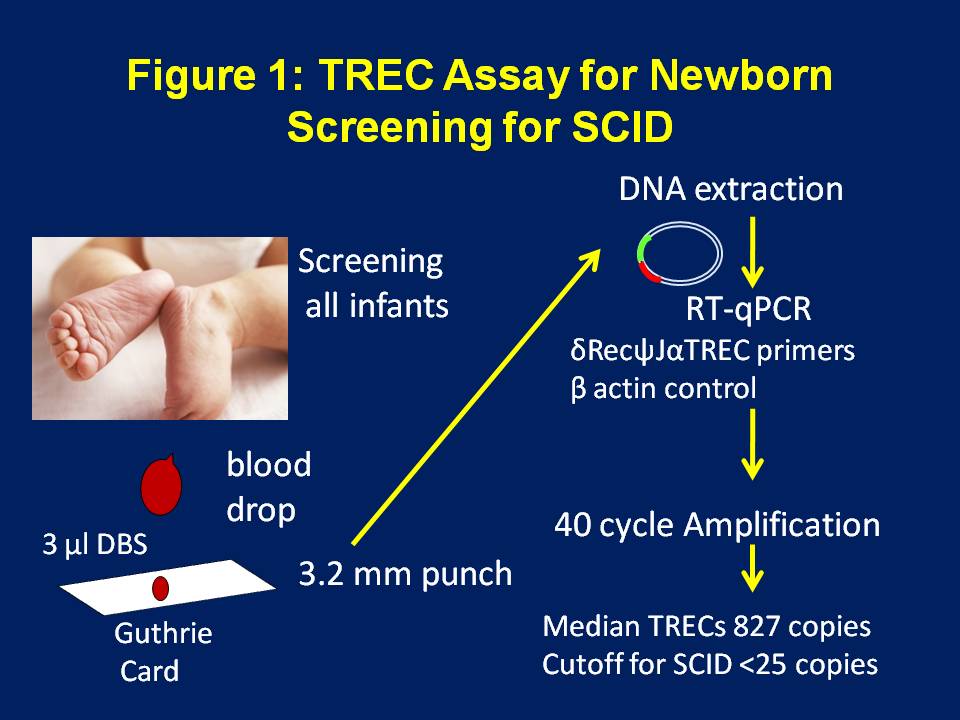


Partial restoration of immune functions can be achieved with therapy (which can make subsequent HSCT more difficult). Polyethylene glycol (PEG)-ADA can be infused twice weekly to correct the endogenous deficiency of this enzyme. ADA deficiency is the only type of SCID that can be treated with enzyme replacement therapy. As with other types of SCID, transplantation is more successful when performed early in life (prior to development of damage from infections) and when an HLA-identical sibling donor is available.ġ0. HSCT is the definitive treatment for ADA deficiency patients. Start HLA-typing for the patient and any siblings for possible hematopoietic stem cell transplantation (HSCT)ĩ. Pneumocystis jiroveci prophylaxis with trimethoprim-sulfamethoxazole Only irradiated, CMV negative blood products should be used (to prevent GVHD and infections In addition to treatment of acute infections, the following immediate management steps must be implemented: Sequencing of the ADA gene can confirm the diagnosis.Ĩ. Testing should be performed prior to any transfusions (red blood cell transfusionsħ. Measurement of ADA levels in erythrocytes as well as serum levels of toxic metabolites can be performed. Specific antibody responses to vaccine antigens are poor.Ħ. T cell proliferation to mitogens is poor and serum immunoglobulins are decreased. Lymphopenia (ALC < 2800 cells/mm3) is present with lymphocyte subset analysis showing very low T cells, B cells, and NK cells. Additional clinical features include elevated liver enzymes, abnormal flaring of the anterior rib ends, prominent costochondral junctions, squared off scapula, pelvic dysplasia, and neurologic abnormalities (hypotonia, head lag, nystagmus, ataxia).ĥ. However, some patients can present with late-onset disease due to the presence of residual enzyme activity.Ĥ. Patients classically present in infancy with failure to thrive, severe thrush, opportunistic infections, and chronic diarrhea. These products are particularly toxic to developing lymphocytes, leading to a profound decrease in all lymphocyte subset numbers.ģ. ADA deficiency leads to leads to an accumulation of intracellular adenosine and deoxyadenosine. It causes a form of autosomal recessive SCID which results in a T-B-NK- phenotype.Ģ. The incidence is 1 in 200,000 live births. Adenosine Deaminase (ADA) Deficiency is the second most common cause of SCID (it accounts 20% of all cases).


 0 kommentar(er)
0 kommentar(er)
